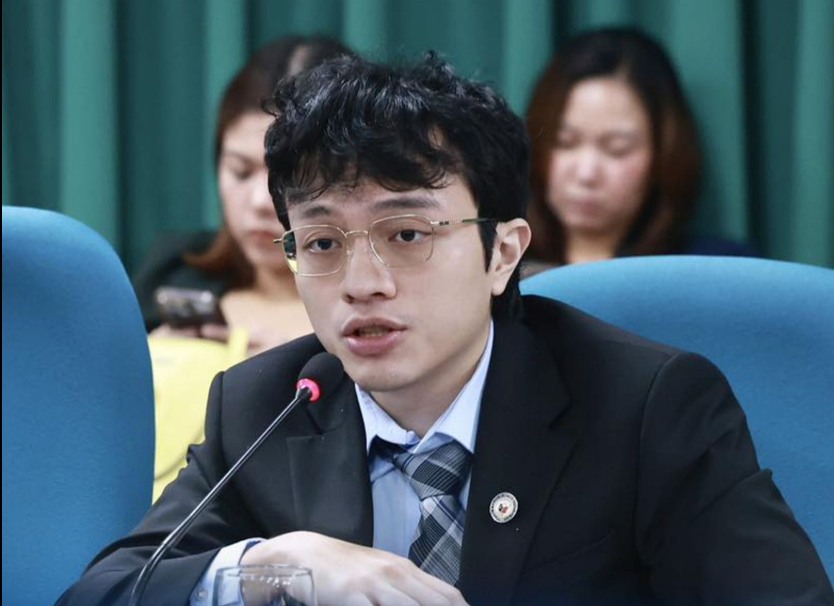As President Marcos delivers his fourth State of the Nation Address (SONA) on Monday, there is high anticipation of whether he will finally make a clear policy statement on online gambling. The public is asking: Will he support a total ban on digital platforms, echoing his decisive move last year against Philippine Offshore Gaming Operator (POGO)? Or will he push for a more nuanced regulatory approach? Recall that the most applauded moment of the President’s 2024 address was his announcement of a total ban on offshore gaming operators. Many expect the same level of clarity now, given how the online gambling issue has exploded across sectors.
In recent weeks, the Senate has moved with rare urgency. At least eight senators have filed bills seeking to ban online gambling entirely: Senators Loren Legarda, Joel Villanueva, Migz Zubiri, Raffy Tulfo, siblings Alan Peter and Pia Cayetano, Bong Go, and Risa Hontiveros. Their proposed legislation criminalizes operators and users, bans advertising, repeals licensing provisions, and seeks to shut down the entire ecosystem.
Standing apart is Senator Sherwin Gatchalian, who proposes a more measured approach: regulation rather than prohibition. His version seeks to tighten access, strengthen safeguards, and curb predatory marketing, particularly among youth. It’s a stance that recognizes gambling’s risks without defaulting to eradication—an attempt to reform rather than repress. Meanwhile, Senator JV Ejercito has filed a resolution urging an inquiry into the surge of online gambling. He’s pushing for stricter regulation (well, not an outright ban, at least for now) and has proposed several key regulatory measures, including e-wallet restrictions.
At the House of Representatives, multiple lawmakers have mirrored the Senate’s sense of urgency. This convergence shows that the concern is bipartisan and bicameral. Whether by prohibition or regulation, lawmakers across chambers agree: something must be done.
I’ve long noticed how fintech platforms like GCash—widely accessible and deeply embedded in everyday transactions—still lack sufficient safeguards when it comes to online gambling. These apps are downloaded onto the phones of minors and adults alike, yet their access controls remain porous. It’s alarming how easy it is to stumble into digital casinos with little friction, especially for vulnerable users.
What’s even more troubling is the seeming passivity among stakeholders. There’s a tendency to wait for formal directives from regulatory agencies, rather than act decisively as responsible corporate citizens. This wait-and-see approach has allowed risks to accumulate quietly but dangerously. In my view, it’s time for fintech players to self-regulate and take proactive steps—tighten safeguards, restrict access, and acknowledge their moral responsibility in curbing addiction. They wield considerable influence over user behavior; they ought to use it for protection, not just profit.
Thankfully, there are some developments. PAGCOR recently responded to public pressure, ordering all licensed gambling operators and service providers to remove out-of-home (OOH) advertising by August 15, its first major move to address marketing excess. But one billboard ban isn’t enough. Marami pang dapat kailangan gawin.
When the President delivers his SONA next week, the country doesn’t just await headlines—it awaits more than political theater. We await clarity of vision. Whether he calls for a total ban or outlines a reform roadmap, his words will shape how we balance innovation, accountability, and protection in the digital age.
For comments, email jojoterencio@gmail.com




